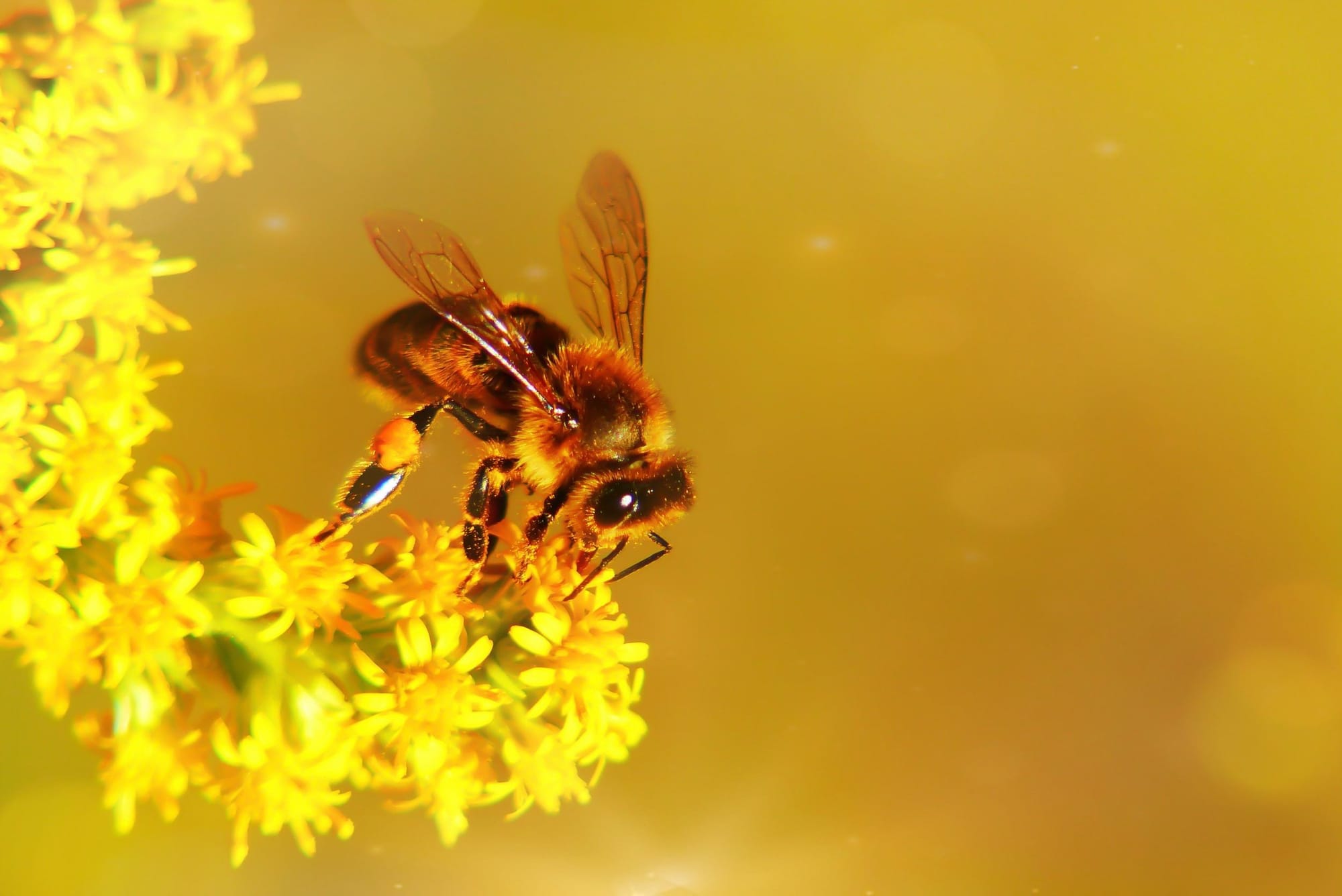Do You Suffer With Hay Fever?

Do you suffer with Hay fever?
If you are one of the many Hay fever sufferers you will know that your symptoms are worse between the months of March – September when the weather is warm, humid and windy. During this time you will display some or all of the following:
- Runny or blocked nose
- Itchy, red or watery eyes
- Loss of smell
- Pain across your forehead and around the temples
- Headaches
- Itchy throat, nose, mouth or eyes
- Sneezing and coughing
- Tiredness
There is currently no cure for Hay fever I’m afraid, but there are some natural home remedies you can try to ease any symptoms during times of high pollen count.

- Stay away from dairy products as much as possible as they increase the production of mucus in the respiratory tract. Try and switch to alternatives like almond or rice milk
- Chamomile is a natural anti-inflammatory and antihistamine, so drinking chamomile tea once or twice a day can ease symptoms or using a dampened, refrigerated teabag as an eye compress can help with swollen, red eyes
- Add local honey to your diet. Locally produced honey will be made from the pollens that are found around where you live and it a great natural remedy as it will help to desensitise your body to other pollens
- Try to eat the right fruit and veg. Pineapple contains bromelain, which helps the body to absorb quercetin (a natural antihistamine) and apples, tomatoes and oranges are rich in beta carotene, vitamin C and bioflavonoids, all of which are anti-inflammatory agents believed to boost the immune system, while red onions and watercress contain high amounts of the natural antihistamine, which can help reduce hay fever symptoms by blocking the effects of histamines.
- When going outside wear wraparound sunglasses to stop pollen getting into your eyes or try putting Vaseline around your nostrils to trap any pollen and prevent you inhaling it
- Remember to keep away from new mown grass, leave flowers outdoors, keep windows and doors closed as much as possible and clothes dried outside can catch pollen
Always remember if your symptoms get worse to pay a visit to your GP.


